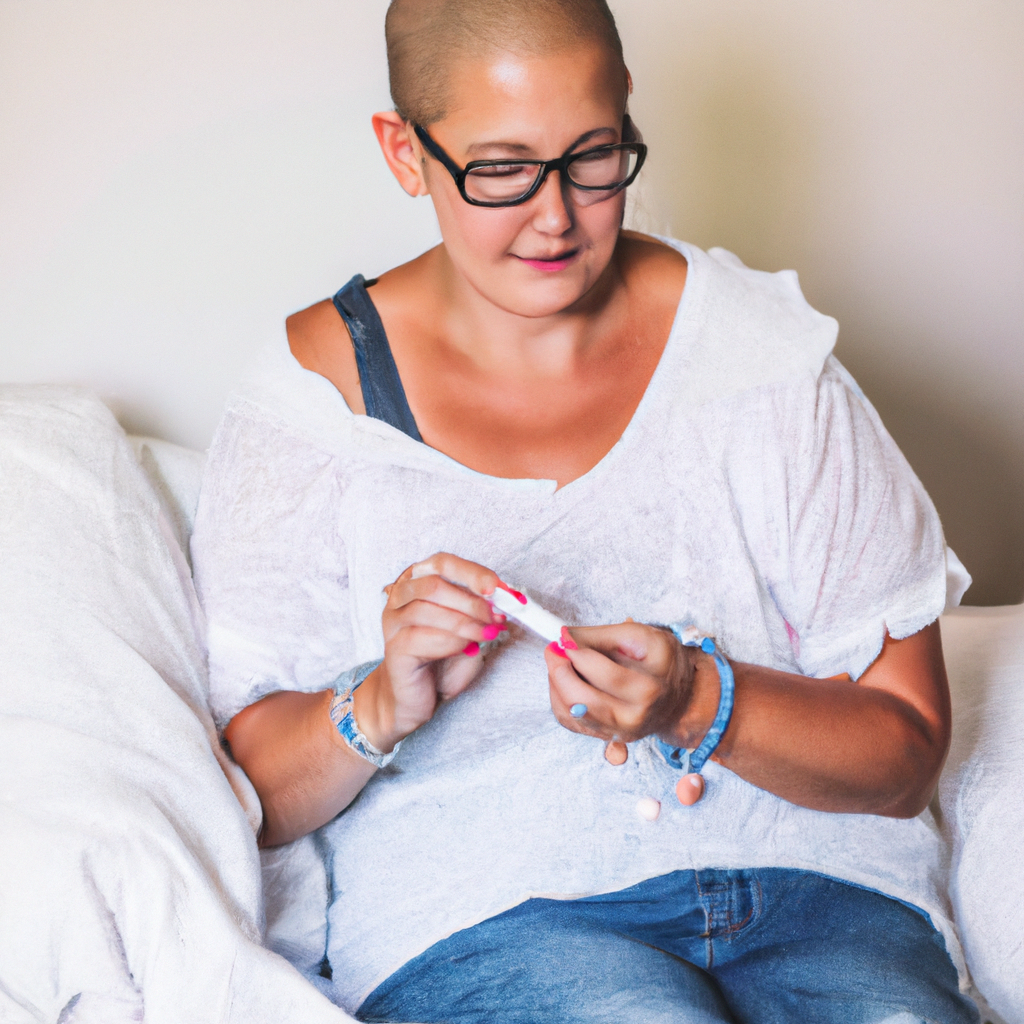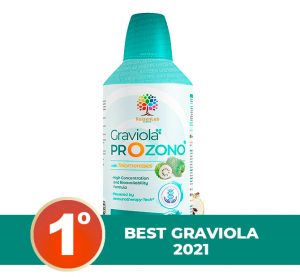Are you a breast cancer patient taking alpelisib and concerned about the impact of high blood sugar on your treatment?
Well, I have great news for you! In this blog post, we will talk about how you can enhance the effects of your breast cancer treatment by incorporating a powerful duo: Graviola and Ozone. So let’s dive right in!
First, let’s address your concern about high blood sugar levels and its impact on breast cancer treatment. You are absolutely right to be cautious, as high blood sugar can have negative effects on the effectiveness of alpelisib.
However, there is a way to counteract this and increase the effectiveness of your treatment. Let me tell you a story to illustrate this.
Meet Sarah, a brave woman who has been fighting breast cancer for years. Sarah has tried several conventional treatments, but unfortunately they have not been enough to overcome the cancer. Frustrated and desperate for a solution, Sarah stumbled upon the concept of inhibiting angiogenesis, which is the process of preventing the formation of blood vessels that supply nutrients to the tumor.

Sarah learned that by disrupting angiogenesis, she could starve cancer cells, making it difficult for them to grow and spread. This realization led her to discover the importance of cutting off the energy supply of cancer cells. It’s like winning a battle by cutting off the enemy’s source of food and reinforcements.
Sarah knew that she had to find a way to implement this strategy alongside her conventional treatment.
Now, let’s talk about the consequences of not preventing angiogenesis and not allowing cancer cells to receive nourishment.
Picture this: Cancer cells are like weeds in a garden. If you do not prevent them from accessing nutrients, they will continue to grow and spread, making them more difficult to eradicate. It is crucial to restrict their access to resources to weaken their growth and increase the chances of successful treatment.
On the other hand, by preventing angiogenesis and starving cancer cells, you are giving yourself a powerful advantage. Starving cancer cells deprives them of the energy they need to thrive. This can significantly slow their growth, making them more vulnerable to the effects of your treatment.
So what can you do to implement this strategy effectively?
That’s where Graviola and Ozone come into play. Graviola is a tropical fruit known for its anti-cancer properties. It contains compounds that have been shown to inhibit angiogenesis, preventing the formation of new blood vessels in tumors. This makes it difficult for cancer cells to access the nutrients they need to survive.
Ozone, on the other hand, is a gas that can be used as a therapy to activate the immune system and improve its ability to attack cancer cells. It has been found to have anti-tumor effects and may help reduce the size of tumors.
Now imagine combining the power of Graviola and Ozone with your conventional treatment. It’s like forming a powerful alliance against cancer. Together, they can help starve cancer cells and increase the effectiveness of your treatment.
But how can you incorporate Graviola and Ozone into your treatment plan? Well, the easiest way is by taking a supplement called Graviola Prozono. This unique formula combines the benefits of Graviola and Ozone, giving you a convenient and effective way to fight breast cancer.
In conclusion, if you are a breast cancer patient taking alpelisib and you are concerned about the impact of high blood sugar on your treatment, it is important that you take action.
By inhibiting angiogenesis and starving cancer cells, it may improve the effectiveness of your treatment. Incorporating Graviola and Ozone, such as through the use of Graviola Prozono, can give you a powerful boost in your fight against breast cancer.
So don’t wait any longer: take action and give yourself the best opportunity to overcome this disease. Remember, your health is worth it!
CTA: Ready to boost your breast cancer treatment? Take action now and try Graviola Prozono to unleash the power of Graviola and Ozone in your fight against breast cancer.





